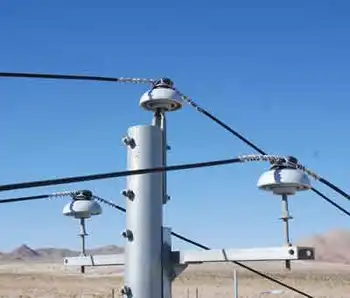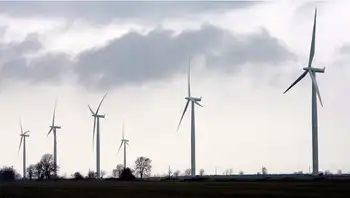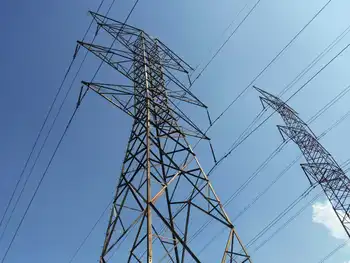Government turns out the lights in Seoul
Neon signs and outdoor lights were ordered switched off in the business and entertainment districts of the South Korean capital, in a tangible sign of how the oil price rise is hurting the resource-starved country.
President Lee Myung-bak has called for a tighter national energy policy to counter the impact of higher prices stemming from a wave of unrest across the Arab world and North Africa.
South Korea is the world's No.5 crude oil buyer and No.2 liquefied natural gas LNG importer after Japan, and has boosted spending to acquire assets and develop oil and gas reserves, with a heavy focus so far on the Middle East and the Arctic.
Brent crude hit a high of almost $120 per barrel on February 24, the highest since 2008.
South Koreans have also been hit hard at gas stations, with pump prices jumping around 6 percent along with crude price rallies since December, while the government has been criticizing the fat margins of local refiners.
About 92,000 establishments nationwide have been targeted by the government lighting restrictions, local media reports said. Those failing to adhere to the regulations could face up to 3 million won US $2,700 in fines.
The government in Asia's fourth-largest economy wants to curb inflation as it battles rises in crude oil and producer prices and housing rents, and has put a freeze on utility rate increases.
Analysts estimate that every additional 10 percent rise in annual average prices on international oil markets would lift South Korea's annual average inflation by around a fifth of a percentage point.
That means if global oil prices rise 10 percent above initial expectations on average for the year, South Korea's annual average consumer price inflation will reach 3.7 percent in 2011, instead of the 3.5 percent expected by the central bank. Last year's actual inflation was 2.9 percent.
Lee's government has been working on policy measures to stem inflation as campaigning starts for by-elections in April that will be a crucial gauge of support for him and his Grand National Party before parliamentary and presidential votes next year.
Economic policy is likely to figure highly on the political agenda ahead of the elections.
Finance Minister Yoon Jeung-hyun said that the government may lower its 3 percent crude oil import tariff, while it was not considering lowering domestic taxes on oil.
Related News

U.S. power demand seen sliding 1% in 2023 on milder weather
WASHINGTON - U.S. power consumption is expected to slip about 1% in 2023 from the previous year as milder weather slows usage from the record high hit in 2022, the U.S. Energy Information Administration (EIA) said in its Short-Term Energy Outlook (STEO).
EIA projected that electricity demand is on track to slide to 4,000 billion kilowatt-hours (kWh) in 2023 from a historic high of 4,048 billion kilowatt-hours (kWh) in 2022, before rising to 4,062 billion kWh in 2024 as economic growth ramps up.
Less demand coupled with more electricity generation from cheap renewable power sources and lower natural gas prices is forecast…





